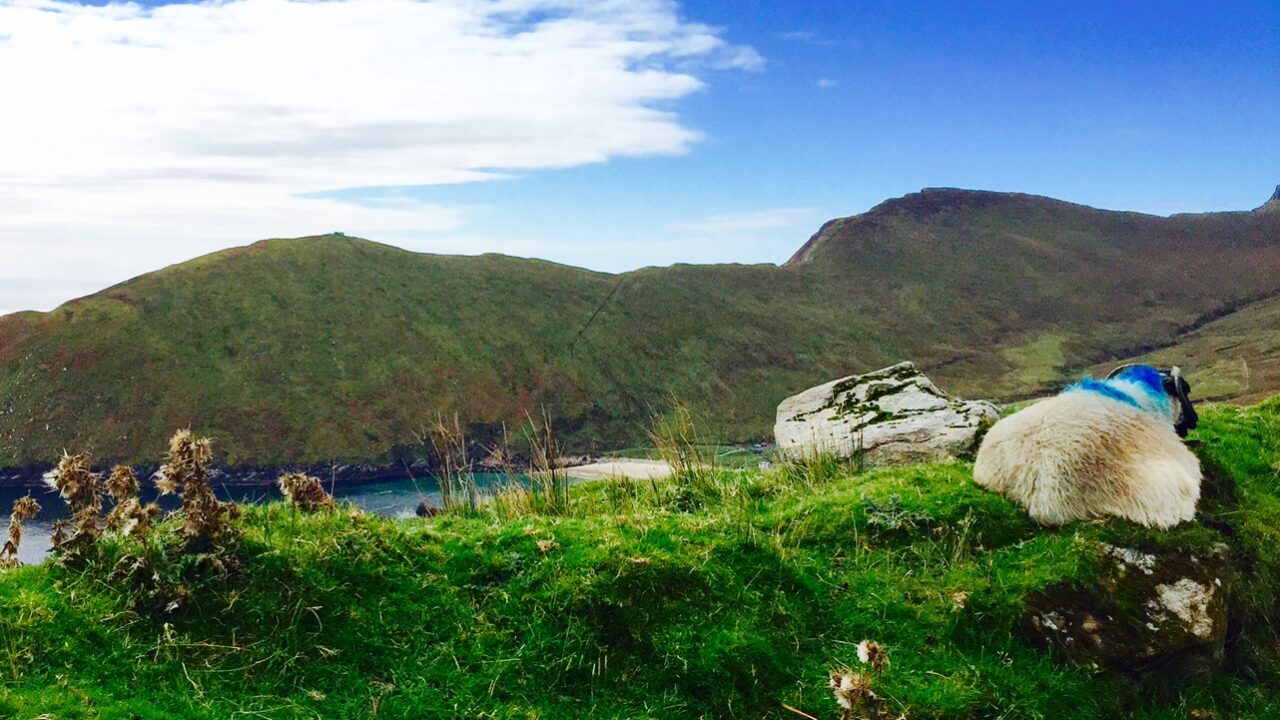The Sheep Improvement Scheme (SIS) is being regarded as an opportunity for Irish hill sheep farms to achieve genetic gains which have been underdeveloped in the sector.
David Coen, the head of hill sheep breed improvement at Sheep Ireland has said through the SIS, the hill sector has an opportunity for major development due to the demand for genotyped sire-verified rams.
Coen said Ireland has tried hill sheep breed improvement in the past, but ultimately it failed for a lack of market for parentage recorded rams; no short-term gains seen; practical difficulties of recording parentage on a hill flock; and a lack of support from key industry stakeholders.
Hill flocks
This verification of parentage through deoxyribonucleic acid (DNA) will allow for a natural development of flock books within hill breeds, the head of hill sheep breed improvement said.
These flock books, Coen said, are the key to assessing the current performance of hill flocks and lead to the development of breeding goals and strategies.
Presently, Sheep Ireland has two hill flock books recording with them, the Mayo-Connemara ram group and the Donegal Wicklow Cheviot group.
There is also a small number of individual hill farmers doing their recording across several breeds.
These groups record the same level of data as that of lowland pedigree breeders, which includes:
- Tagging lambs at birth;
- Assigning parentage;
- Lambing data including date of birth, lamb mortality and birth weights;
- Annual weight performance at 40, 100, and 150 days of age.
Performance recorded Mayo-Connemara lambs were purchased by Teagasc Athenry for hill lamb finishing trials, while breeders from the Donegal Wicklow Cheviot group were selected for methane research using portable accumulation chambers.
With the SIS, Coen said hill farmers are now actively looking for sire-verified rams.
Parentage and scrapie information are now “a sought-after commodity”, and are at the forefront of ram producer’s minds and discussions.
The vast majority of this information was gathered from the genotyping carried out by the farmers to have their rams qualify for SIS.
Poor mouths
Something that has been raised to a very large degree by hill groups, is the issue of poor mouths on hill sheep. This is an area that Coen said a sheep is highly scrutinised for in the hill sector.
Coen said Sheep Ireland has been actively recording mouths of hill sheep in both recording groups since 2023, with over 2,800 records currently obtained and more to follow in 2023.
Each sheep got a visual inspection of its mouth by moving both the top and bottom lip to reveal the animals full dental bad. Sheep were scored as normal, overshot, undershot, and broken.
The hope is that mouth issues currently in hill sheep have a level of heritability and an index for the trait can be developed.
Future development
The targets for future development over the next 12 months, according to the head of hill sheep breed improvement, is to increase the knowledge of what Sheep Ireland can do for the sector and continue to build up the trust and confidence of hill farmers.
The organisation aims to have a much higher percentage of hill breeds running flock books and have flocks performance recording (parentage, weaning weight, recording culls).
For this development, Sheep Ireland will develop an index for hill sheep, with data recorded from hill flocks and continue recording mouths of hill sheep.
